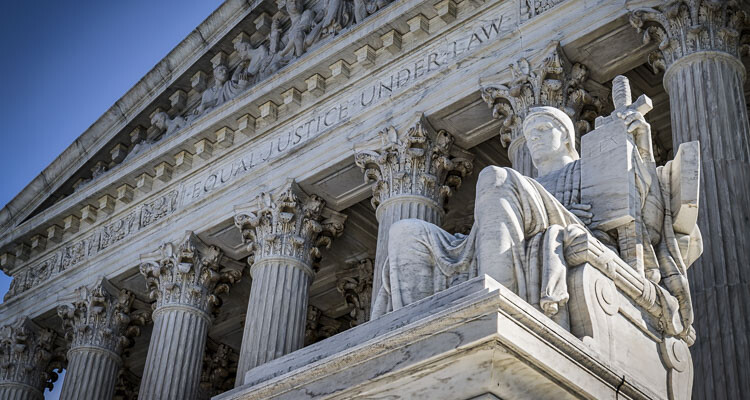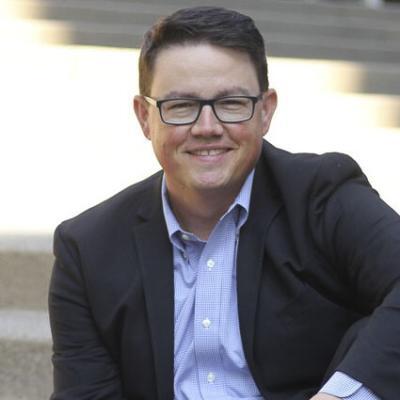
Chris Corry of the Washington Policy Center states that given the importance of the question presented to the court, this case has national significance
Chris Corry
Washington Policy Center
The ongoing battle over Washington’s unconstitutional capital gains tax continues. The Freedom Foundation has filed a Petition for Writ of Certiorari with the US Supreme Court. The petition asks the US Supreme Court to overturn the decision made earlier this year by the Washington State Supreme Court.

In the filing, the appeal presents the following question:
“Upset with what they saw as an unduly regressive tax system, a narrow majority in the Washington legislature recently enacted a 7% long-term capital gains tax that exempts the first $250,000 per year. But the Washington State Constitution mandates that all taxes on “property,” which includes income as a matter of state law, must be uniform and capped at 1%, such that residents with higher incomes cannot be made to pay more as a percentage of their income than those who make less. To get around these state-law limits, the new tax operates as an excise tax—i.e., it is “imposed on the sale or exchange of long-term capital assets,” not on the income generated by it. RCW 82.87.040(1). Yet while that may have solved a state-law problem, it created a federal-law problem. Seattle is not a hotbed of securities trading, so an excise tax on high-dollar-value transactions would not raise much revenue if it were limited to transactions and property in the state. Not surprisingly, the new excise tax thus reaches far beyond Washington’s borders to tax transactions that occur in other states involving property located out of state.
The question presented is:
Whether the Constitution permits a state to tax out-of-state transactions involving only out-of-state property.”
It is worth noting that the US Supreme Court is under no obligation to take up the case. They are typically only heard if there is national significance, harmonizing different federal decisions, or having precedential value. In order for a case to be hear four of the nine Justices must vote to accept the case.
The petition notes:
“This Court has long held that a state cannot tax transactions that occur outside of its borders just because they involve one of its residents. While states may tax their fair share of the income their residents derive from out-of-state transactions, they may not tax the out-of-state transactions themselves. That constraint is a necessary consequence of the federalism principles that the Constitution embodies, which guarantee to each state sovereignty within its own borders.”
Given the importance of the question presented to the court, this case has national significance.
You can read the entire cert here.
Chris Corry is the director of the Center for Government Reform at the Washington Policy Center. He is also a member of the Washington State House of Representatives.
Also read:
- Opinion: OIC tells consumers not to pay for ‘insurance’ you won’t likely benefit from: Does that include WA Cares?Elizabeth New (Hovde) of the Washington Policy Center believes you should consider yourself warned by the Office of the Insurance Commissioner about WA Cares and its maybe-only benefit.
- Opinion: Same road, different speed limit?Target Zero Manager Doug Dahl addresses a question about speed limit signs going into and leaving town.
- Opinion: Hiding the growing cost of the Interstate Bridge replacementJoe Cortright of the City Observatory addresses the rising cost of the Interstate 5 Bridge replacement project.
- Letter: ‘This election I am NOT voting for Greg Cheney’Clark County resident Wynn Grcich shares her thoughts on Rep. Greg Cheney and the issue of fluoridation in area drinking water.
- POLL: Should biological males who identify as females be allowed to compete in athletic events against biological females?Should biological males who identify as females be allowed to compete in athletic events against biological females?










